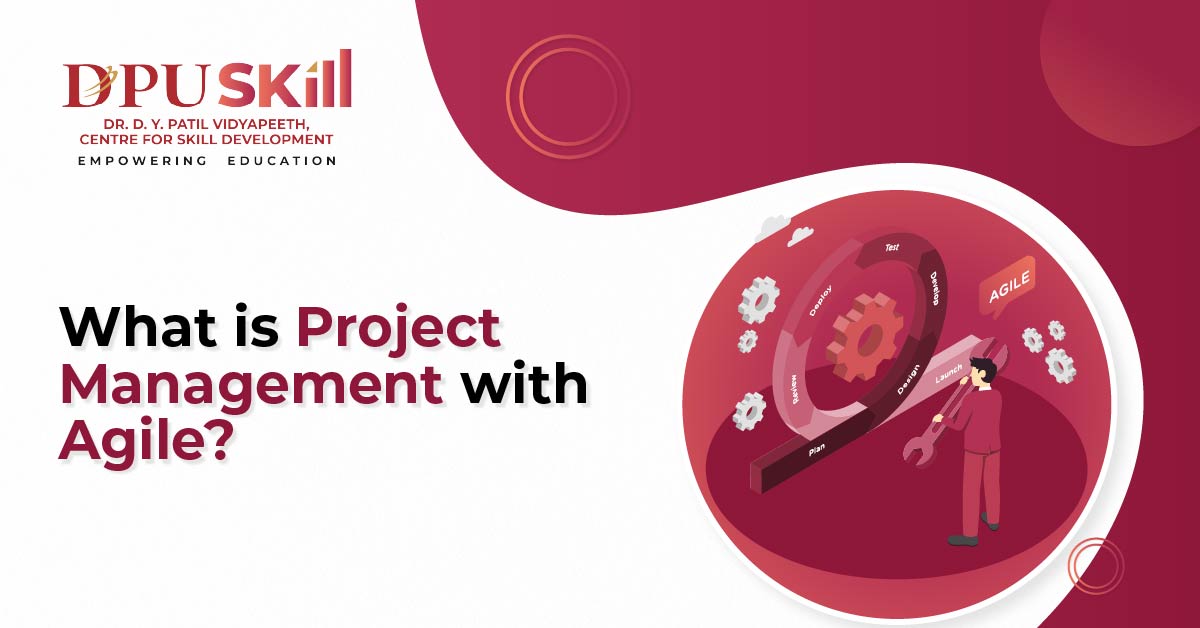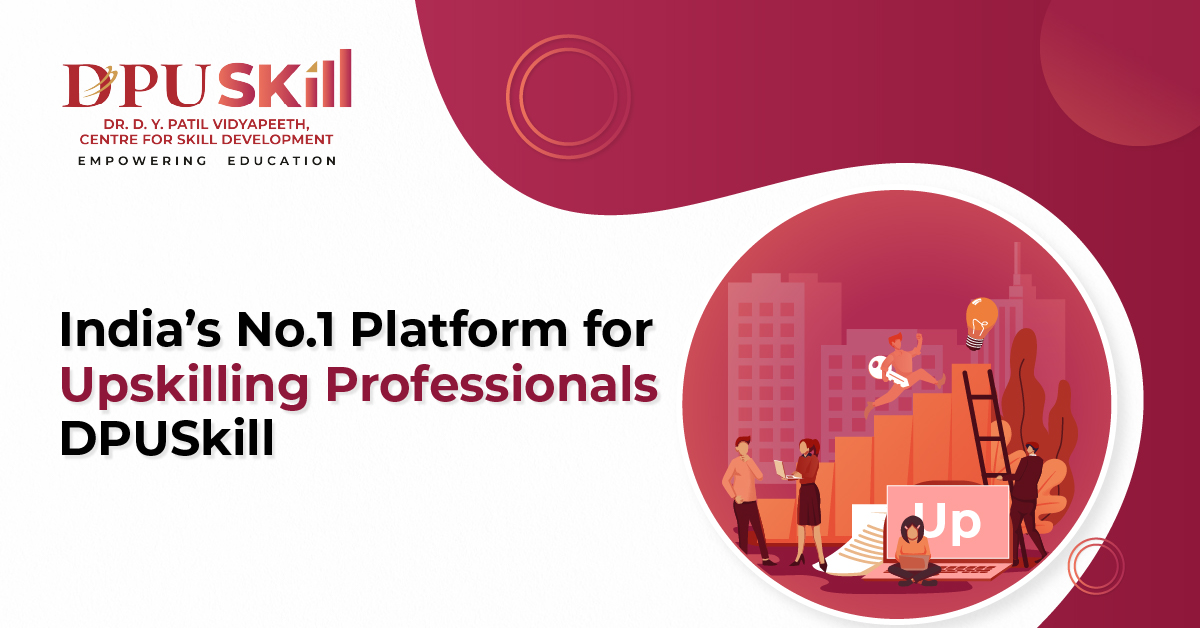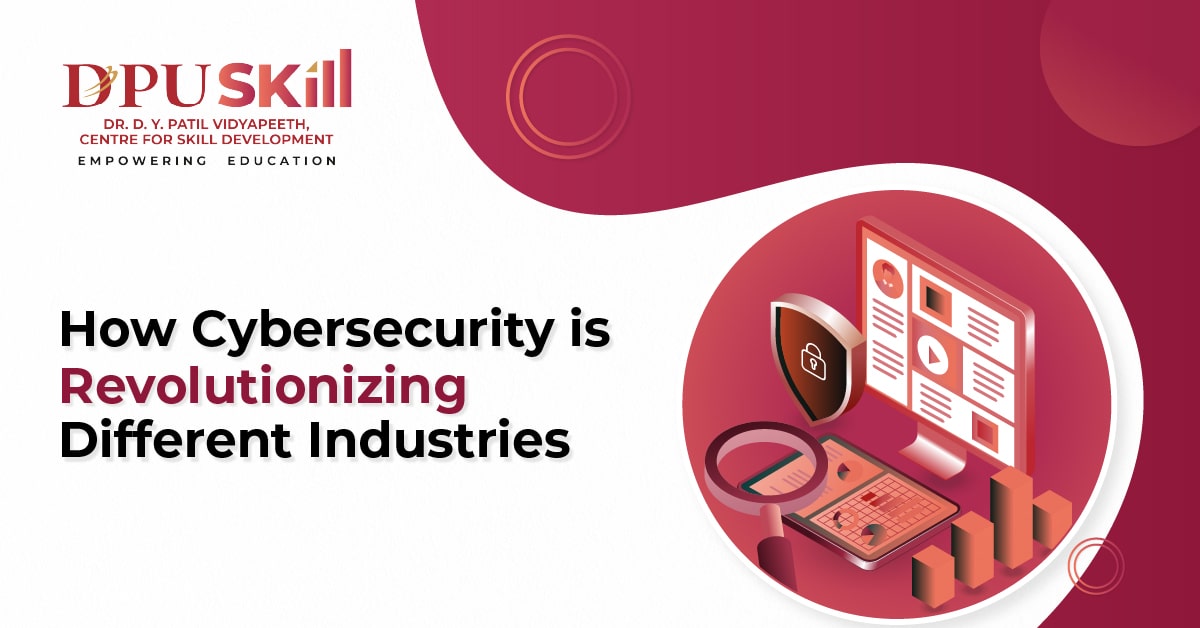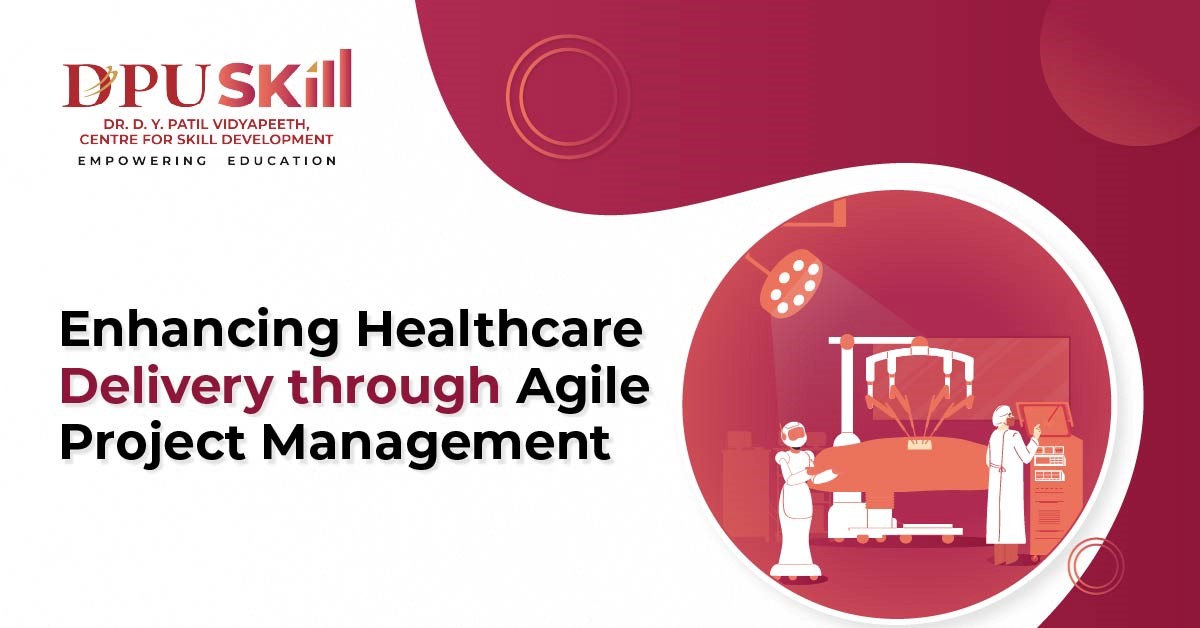
Project management is a set of activities which includes initiating, planning, executing, controlling and closing projects. It’s a discipline that gives you principles, techniques, and tools to help you finish things on time and within budget.
The essential pillar of strength and support that holds up the entire project is the team of highly productive people who entirely devote themselves to it and make an all-out effort to get the job done.
Agile is an approach to project management that Favors responding to change over careful planning. Agile is not a methodology but a set of principles that suggests how we should approach project management.
Project management is crucial because it provides a structured framework for organizing, planning, and executing projects efficiently. By defining clear goals, allocating resources effectively, and managing risks, project management ensures that projects are completed on time, within budget, and to the desired quality. It also fosters team collaboration and alignment with organizational objectives, leading to higher client satisfaction and continuous improvement in processes.
1. Hybrid Project Management Approaches
Combining Methodologies: Many organizations are blending Agile, Waterfall, and other methodologies to create a customized approach that suits specific project needs. This hybrid approach allows for more flexibility and adaptability.
2. AI and Automation
Artificial Intelligence: AI is being used to automate routine tasks, such as scheduling, reporting, and risk management. Predictive analytics helps project managers make data-driven decisions.
Chatbots and Virtual Assistants: These tools are assisting in communication, task assignments, and follow-ups, improving efficiency and response times.
3. Remote and Distributed Teams
Increased Remote Work: The rise of remote work has led to more projects being managed across different time zones and locations. This has driven the adoption of collaboration tools and virtual project management software.
Virtual Collaboration Tools: Platforms like Zoom, Microsoft Teams, and Slack are essential for maintaining communication and collaboration among remote teams.
4. Emphasis on Soft Skills
Leadership and Emotional Intelligence: As teams become more diverse and remote, project managers need strong soft skills, including leadership, communication, and emotional intelligence, to manage team dynamics and ensure project success.
Stakeholder Engagement: Effective communication and relationship management with stakeholders have become critical for aligning project goals and ensuring smooth project execution.
5. ustainability and Green Project Management
Environmental Considerations: There’s a growing focus on sustainability in project management, where projects are designed and executed with environmental impacts in mind. This includes using sustainable resources and reducing carbon footprints.
6. Data-Driven Decision Making
Real-Time Data Analytics: Project managers are increasingly relying on real-time data to track progress, manage risks, and make informed decisions. Data visualization tools are being integrated into project management software to provide clearer insights.
KPIs and Metrics: There’s a stronger emphasis on defining and tracking key performance indicators (KPIs) to measure project success and optimize processes.
7. Focus on Agile Beyond IT
Agile in Non-IT Projects: Agile methodologies, originally popular in software development, are now being applied to various industries, including marketing, construction, and finance. This trend is driving a more iterative and flexible approach to project management across sectors.
8. Increased Use of Project Management Software
All-in-One Platforms: There’s a trend towards using comprehensive project management tools that integrate various functionalities, such as task management, time tracking, resource allocation, and communication, into a single platform.
9. Continuous Learning and Development
Upskilling: Project managers are continually upskilling to stay relevant, learning new methodologies, tools, and technologies. Certifications like PMP, Agile, and Scrum Master are still highly valued.
10. Focus on Change Management
Managing Organizational Change: With the rapid pace of technological and process changes, project managers are increasingly involved in change management, ensuring that teams are well-prepared and adaptable to new processes.
1. Clear, Shared Goals and Objectives
Project management ensures that everyone involved works towards common goals and objectives, enhancing the likelihood of success. It fosters clear collaboration and communication among team members, leading to more efficient and effective project execution.
2. Quality Control
Throughout the project lifecycle, quality control measures are implemented, resulting in a superior end product and greater customer satisfaction. Continuous monitoring and adjustment of these measures ensure that any issues are promptly addressed.
3. Realistic Timelines
Establishing agreed-upon timelines helps complete project workflows on schedule and within budget, which boosts efficiency, productivity, and client satisfaction.
4. Time and Cost Savings
By streamlining processes and minimizing inefficiencies, project management saves time and money for the organization.
5. Managed Risk
Well-defined projects identify and mitigate potential risks before they escalate into major issues, ensuring timely completion, budget adherence, and minimal disruptions.
6. Opportunity for Learning
Project management provides opportunities to learn from mistakes and missteps, fostering continuous improvement and preventing similar issues in future projects.
What is Project Management, and how can DPUSkill help?
Project Management is the application of knowledge, skills, tools, and techniques to meet the project requirements and achieve desired outcomes. It involves planning, executing, monitoring, controlling, and closing projects. With DPUSkill, you can gain the necessary expertise to excel in project management.
What is a Project Charter?
A Project Charter is a document that formally authorizes a project. It outlines the project's objectives, scope, stakeholders, and key milestones. DPUSkill’s courses teach you how to create and utilize project charters effectively.
What are project milestones, and does DPUSkill teach their importance?
Milestones are key points in a project timeline that represent significant events or deliverables. DPUSkill’s courses emphasize the importance of setting and tracking milestones to ensure project success.

Discover DPUSkill, India’s No.1 platform for upskilling professionals. Boost your career with expert-led courses and global certifications.
Read More
Discover how cybersecurity is revolutionizing industries like healthcare, finance, retail, and education, protecting data and ensuring operational continuity.
Read More
Discover how Agile project management boosts healthcare efficiency, adaptability, and patient care with real-world applications and proven benefits.
Read More